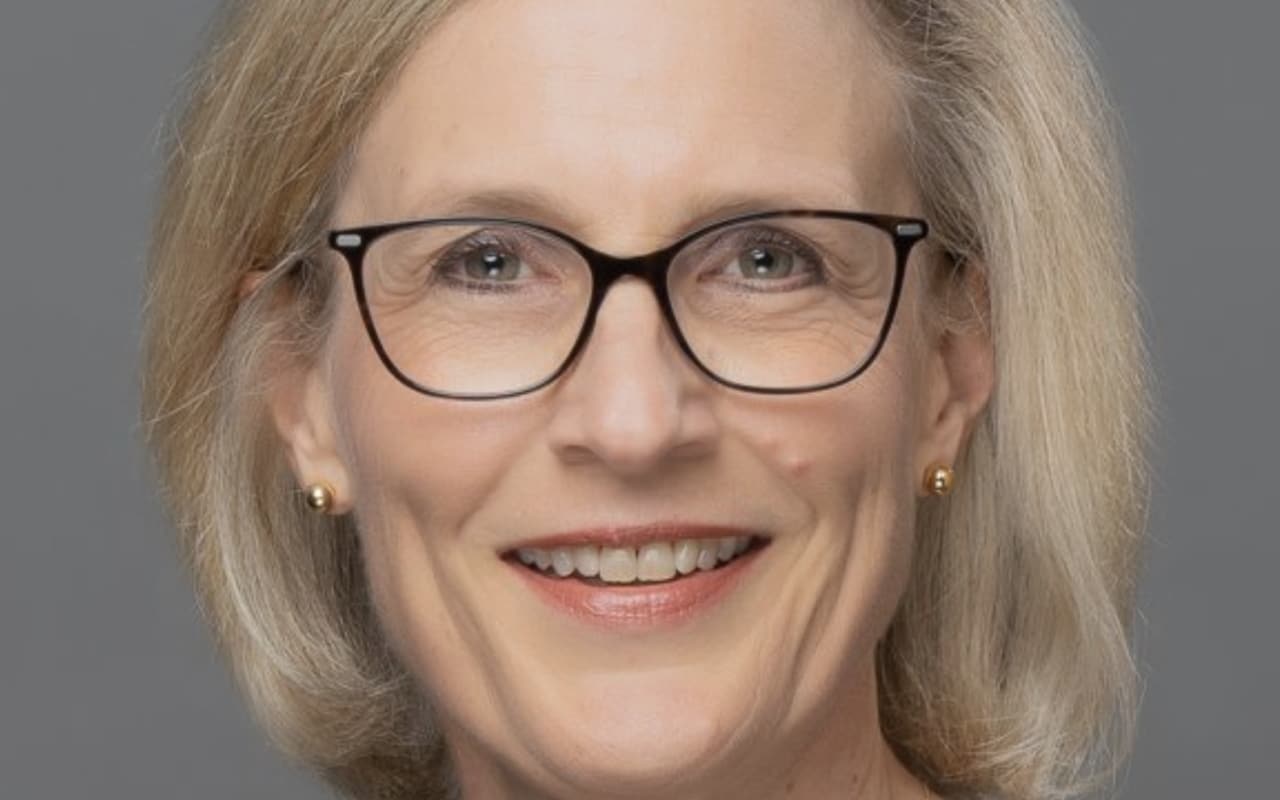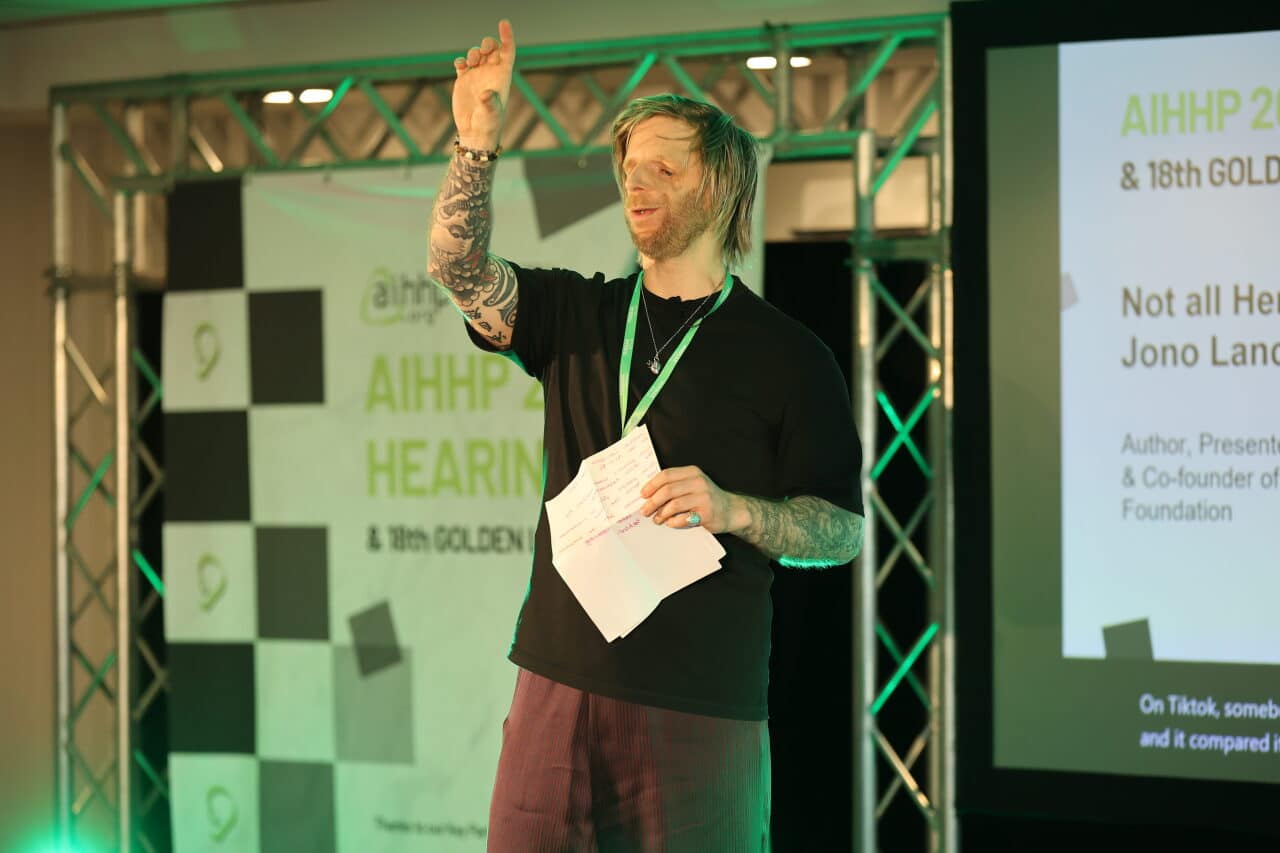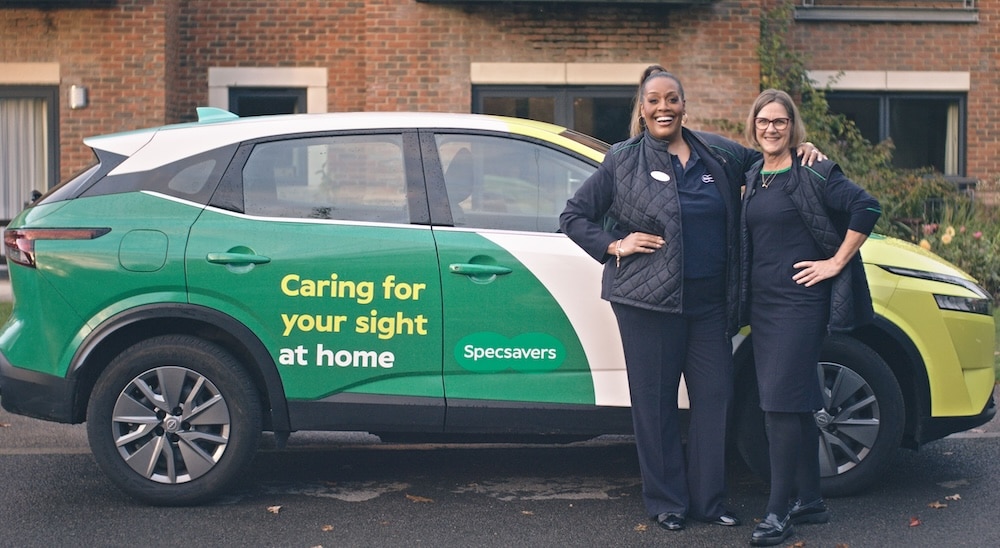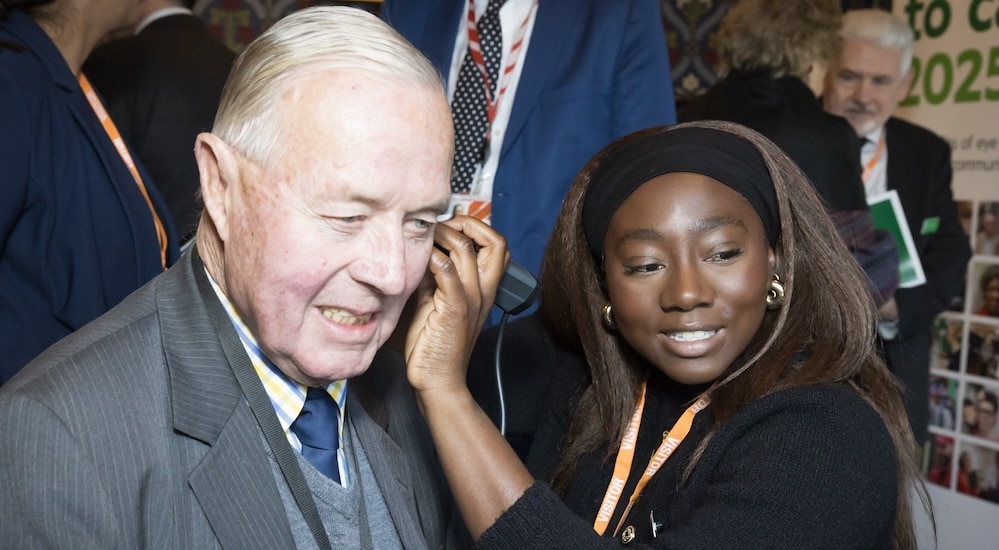Kingdon Review lands on profession long demanding better leadership of audiology services
300 children harmed through errors - perhaps many more, says Review

Dr. Camilla Kingdon, who has led a Review into Children's Hearing Services in England that also has relevance for adult services.
The Government has published an independent review of child audiology services in England that reveals errors amounting to a “disaster” for affected families. The document highlights long-overlooked issues for the hearing health profession under NHS control, and warns that delays in fixing leadership errors means children’s hearing loss will still be missed, “their life chances forever changed”.
Even before the official publication of the Review on Monday November 10, its chair, leading paediatrician Dr. Camilla Kingdon, was calling in an interview in The Sunday Times for NHS leadership changes. “It needs a different set of people to be leading it,” said Kingdon.
The Review has been wholly welcomed by UK bodies involved in care and support for people with hearing loss, including the British Academy of Audiology (BAA), the Royal National Institute for Deaf People RNID), and the National Deaf Children’s Society (NDCS).
The Kingdon Review clearly has relevance beyond child audiology, definitely adult services provided under much of the same infrastructure, workforce, and governance as paediatric audiology. And it calls for urgent action across 12 key recommendations, including modern commissioning frameworks, improved governance, and a networked model of care to replace isolated service pockets. It has implications for the whole of audiology in England, in particular the call for all audiologists to be registered on a single professional register – with linked improvements in training and CPD.
Audiology – the “Cinderella” service
Kingdon’s indignation at finding audiology treated as a “Cinderella” service is shared by the professional bodies and charities. But the pain for professionals and their guidance organisations is undoubtedly greater on confronting the factual highlighting in the Review that “nearly 300 children have been harmed”, with recall of patients to identify harm still ongoing in some areas. The pantomime simile introduced by Kingdon validly extends to those who have watched and shouted “it’s behind you” without seeing the bad stopped. Just so, BAA President Claire Benton declares in an Academy statement on the Kingdon Review: “This report echoes what audiologists have been saying for years. We now need rapid completion of the review and recall, modern commissioning with clear safety and experience KPIs, a single professional register, and clinically networked services so no clinician is left isolated, and no child is left behind.” Read that full statement and the BAA’s comments on its work towards meeting each of the 12 Kingdon recommendations here: https://baaudiology.org/kingdon-review-into-childrens-hearing-services-published/
Going back for years prior to the Kingdon Review, similar concerns have been identified in children’s hearing services across Scotland. A 2021 review by the BAA found “significant failings” in NHS Lothian’s paediatric audiology service, leading to a Scottish Government-commissioned Independent Review of Audiology Services in Scotland, published in summer 2023. The leadership failures now highlighted by this new Review are long overdue.
Thanking Kingdon for her Review, and calling the failure “unacceptable”, Wes Streeting, Secretary of State for Health and Social Care, said in a public letter: “As a priority, I have asked NHS England to work to address issues with the Paediatric Hearing Services Improvement Programme.” Promising a full response to the recommendations asap, Streeting says: “I would like to assure you that we fully understand the importance of getting it right for children’s hearing services and for other important services that do not receive the attention they deserve. I am determined to make sure this never happens again.” Importantly, it has already been announced that NHS England is being abolished and merged with the Department of Health and Social Care.
The RNID, which says its own report, Still Ignored: the fight for accessible healthcare 2025 policy report England, is still being ignored, also welcomes the Kingdon Review. “The Kingdon Review must be a wake-up call to the NHS. By setting in place the national leadership and oversight that audiology requires the DHSC can set in motion a transformation in the national hearing health,” says the RNID.
George Crockford, CE at the National Deaf Children’s Society, said: “Deaf children and their families deserve far better than an overlooked, undervalued, and underfunded Cinderella service that doesn’t meet their needs. We welcome the recommendations of this Review, which clearly set out what needs to happen to ensure that every child can access high quality hearing services as early as possible.”
Read the full Kingdon Review here (QR):
 Sign in
Sign in

